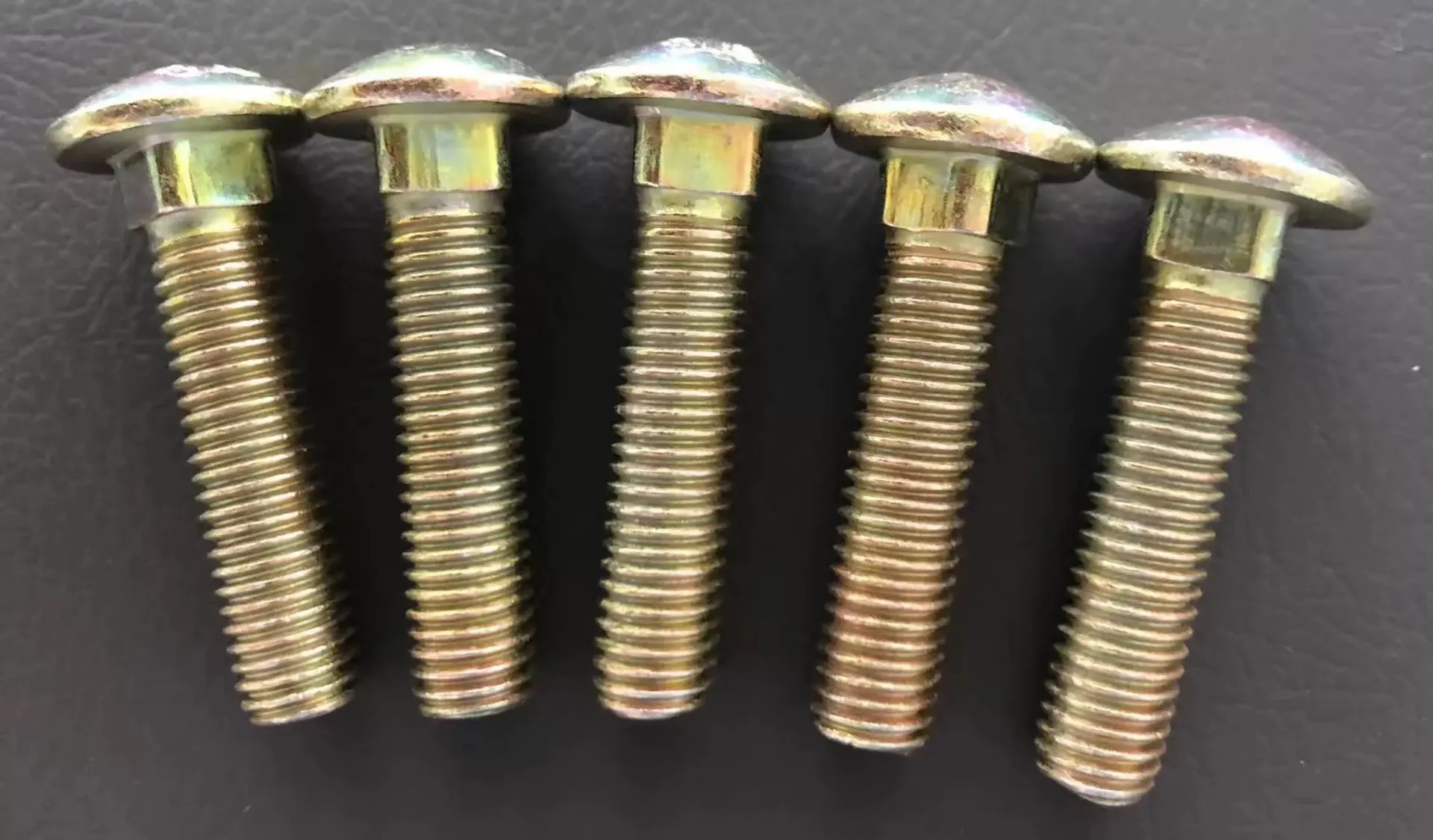

stud bolt washer
Nov . 05, 2024 20:58 Back to list
stud bolt washer
Understanding Stud Bolt Washers Their Importance and Applications
Stud bolt washers are essential components in various mechanical and engineering applications. They are often used in conjunction with stud bolts to provide a secure and stable connection between different parts of machinery or structural elements. The purpose of these washers is multifaceted, primarily focusing on enhancing the overall performance and longevity of bolted joints.
Firstly, stud bolt washers distribute the load evenly across the surface area. When a bolt is tightened, the pressure can create high-stress concentrations at the bolt head and nut. Washers alleviate this issue by spreading the load over a larger area, reducing the risk of material deformation or damage. This feature is especially critical when joining softer materials that may not be able to withstand concentrated loads.
Additionally, washers serve as a barrier against corrosion and wear. In many environments, particularly those that are exposed to moisture or corrosive substances, the metal surfaces of bolts and nuts can corrode over time. By placing a washer between these components, a physical barrier is created that helps to protect against environmental factors. Some washers are even made from specialized materials, such as nylon or other plastics, which provide enhanced resistance to corrosion.
stud bolt washer

Moreover, stud bolt washers play a crucial role in preventing loosening over time. Vibration and dynamic loads can cause bolts to loosen, leading to potential failures in mechanical systems. Washers can help maintain the tension in a bolted joint, assisting in the prevention of loosening due to vibration. Locking washers, in particular, have unique designs that provide additional friction and grip, enhancing the stability of the connection.
In terms of applications, stud bolt washers are commonly used in construction, automotive, aerospace, and industrial machinery. For instance, in the construction of buildings and bridges, these washers ensure that connections remain secure and intact under varying loads and stresses. In the automotive industry, they are used in engine assemblies, where reliability and safety are paramount.
Choosing the right stud bolt washer is vital for ensuring optimal performance. Factors such as the material of the washer, its thickness, and the type of finish should be taken into account based on the specific application and environmental conditions. For example, stainless steel washers are often preferred in corrosive environments, while rubber washers can provide additional cushioning and noise reduction.
In conclusion, stud bolt washers may seem like small components, but they are indispensable in ensuring the integrity and functionality of various mechanical systems. Their role in load distribution, corrosion protection, and prevention of loosening makes them a critical consideration in engineering and design. Understanding their importance helps in making informed choices for reliable and durable connections across different applications.
Latest news
-
Hot Dip Galvanized Bolts-About LongZe|High Strength, Corrosion Resistance
NewsJul.30,2025
-
High-Strength Hot Dip Galvanized Bolts - Hebei Longze | Corrosion Resistance, Customization
NewsJul.30,2025
-
Hot Dip Galvanized Bolts-Hebei Longze|Corrosion Resistance&High Strength
NewsJul.30,2025
-
High-Strength Hot-Dip Galvanized Bolts-Hebei Longze|Corrosion Resistance&High Strength
NewsJul.30,2025
-
Hot Dip Galvanized Bolts-Hebei Longze|Corrosion Resistance&High Strength
NewsJul.30,2025
-
Hot Dip Galvanized Bolts - Hebei Longze | Corrosion Resistance, High Strength
NewsJul.30,2025

